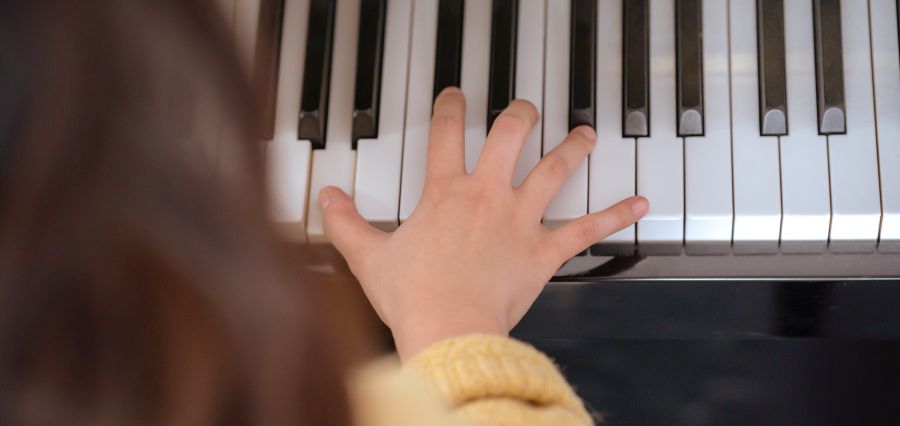Did you know that students who study music are more successful in science, math, and English classes? Students who study music (as well as theatre, art, dance, and physical education) are polled to be more proficient in these subjects than those who do not. With this broad range of courses, students receive multiple groups of skills to help them succeed in life. Many will ask, “How am I going to do my English homework while I have a musical instrument to learn?” Professional writers are there for you.
The role of music education is not to make students lose interest in science, math, and English. We only highlight that students who study music are more successful in these classes. Music courses help students absorb themselves and understand the subject matter better; therefore, they have better chances of succeeding and pursuing higher education.
Each of these subject fields enhances the learning of each other, such as English helps learn music, and math helps learn science, and so on.
Music classes help develop higher thinking skills in children that will benefit their education for years to come. Students who have to follow along with the teacher and practice what they are learning will understand the subject matter better. When students are taught music and involve themselves with the community around them, they can interact with others better and gain a sense of independence to help them throughout their lives.
Music also helps students interact with others and develop a sense of independence, helping them succeed in their lives. Music also makes some students more social because they have to sit and listen to what the teacher is saying rather than just doodling in their notebook.
Students who study music can also perform in front of others, helping them gain a sense of success as an artist. They are also more likely to join a choir in college or even for the rest of their lives. It not only will help them improve their study habits, but it also helps them understand other people better, thus learning how to work with others and what teamwork means.
Those who play an instrument are even better than those who sing. They learn how to read music and then play using the correct techniques. It enhances the knowledge that they are learning in other classes, such as math.
Music helps children to build up a social presence, which will help them during their lives. It also helps them to know how others feel and even help them to make friends for life by just being there to listen. Children who study music can become popular with friends and accomplish goals that would be very difficult without music education.
Students will be able to focus better, thus understanding the subject more and succeeding in their high school careers. Music doesn’t just enhance students’ education; it also helps them with their social lives by bringing them out of their shells and making them more talkative around others.
Conclusion
Students who sing or play an instrument are more likely to succeed in these classes because of their involvement with music. Music education helps students learn to interact with others and develop their imagination. We have shown that this is a key factor in success for high school and college students who want to succeed.


